Are you considering bringing your elderly parent from your home country to live with you in Japan?
As this is a special visa with unique requirements, understanding the process thoroughly is essential.
Our experienced immigration lawyers provide clear and comprehensive guidance to help you succeed in obtaining the visa.
What is the Elderly Parent Visa?
The Elderly Parent Visa is a special residence status granted to foreign residents in Japan. It is for those who need to bring their elderly parents from their home country to Japan, in order to provide care and support. This residence status is commonly referred to as the "Elderly Parent Visa."
Typically, this visa is applied for when the parent's health or financial conditions make it difficult for them to live independently in their home country. After the parent enters Japan on a short-term visa visit, the application process can be conducted at the Japanese Immigration Bureau.
However, under current laws, there is no dedicated visa specifically for supporting elderly parents. This visa is treated as an exceptional measure, making it highly challenging to obtain. Careful and thorough preparation is essential for a successful application.
Eligibility Criteria:
To obtain the Elderly Parent Visa, the following criteria must be met:
- Lack of Support in Home Country:
Evidence that there are no other family members capable of providing care in the parent's home country.(Strengthens the application) - Parent’s Health Condition:
Medical certificates indicating that the parent cannot live independently in their home country due to health reasons are required. - Financial Stability: The sponsoring child in Japan must demonstrate sufficient financial capacity to support the elderly parent, covering living and medical expenses.
Even if these conditions are met, insufficient supporting documents or poorly written application statements can often result in rejection. Expert support is crucial to improve the chances of approval.
The following reasons alone are insufficient for visa approval:
- "The parent is elderly."
- "The parent is ill."
- "We want to live together."
Visa approval is based on unpublished criteria, which can change due to social, international, or policy considerations. Applications must be carefully prepared based on the current real world conditions and circumstances.
Application Process:
- Short-Term Visa Entry:
Initially, the parent enters Japan on a short-term visa. - Change of Status Application:
While in Japan, an application is submitted to change the status to "Designated Activities" , accompanied by all necessary documentation. - Review and Approval:
The immigration authorities review the application, and if approved, the parent is granted a residence status, typically valid for one year, with the possibility of renewal.
Important Considerations:
Case-by-Case Basis:
Approval is not guaranteed and is assessed individually, considering the specific circumstances of each case.
Professional Assistance:
Due to the complexity and stringent requirements, consulting with experienced immigration lawyers is highly recommended to enhance the chances of a successful application.
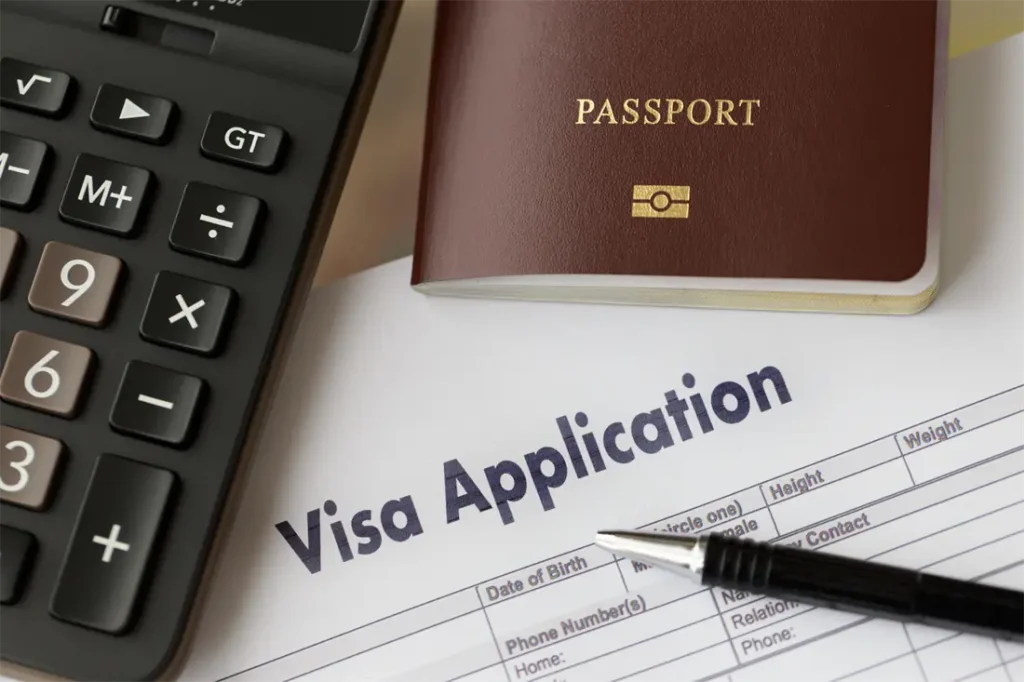
Success Stories
Latest Approval Case
On February 19, 2024, a visa for the elderly parent of a permanent resident was approved.
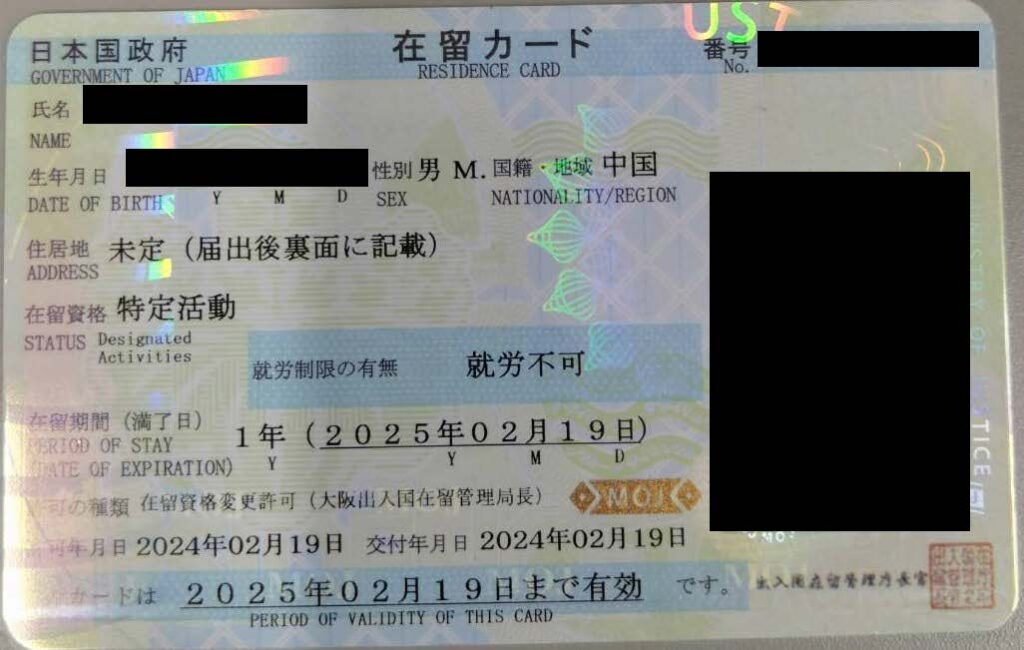
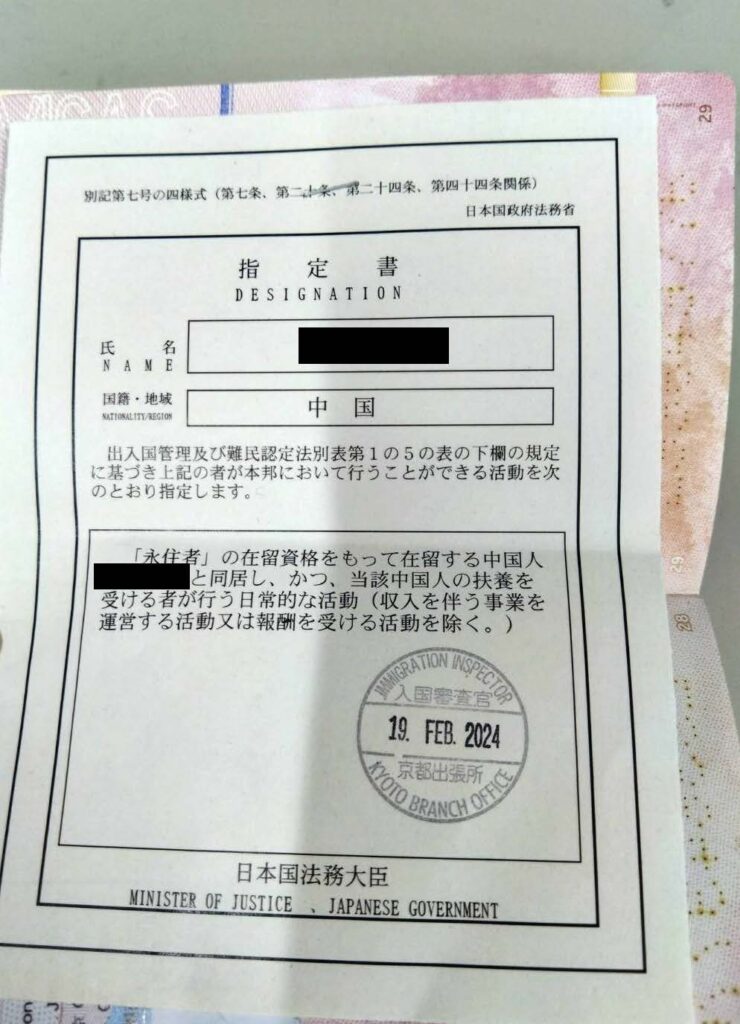
A visa for the elderly parent of a foreign national who acquired Japanese citizenship was approved on July 25, 2023."
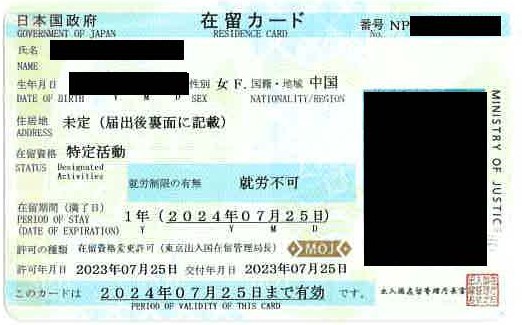
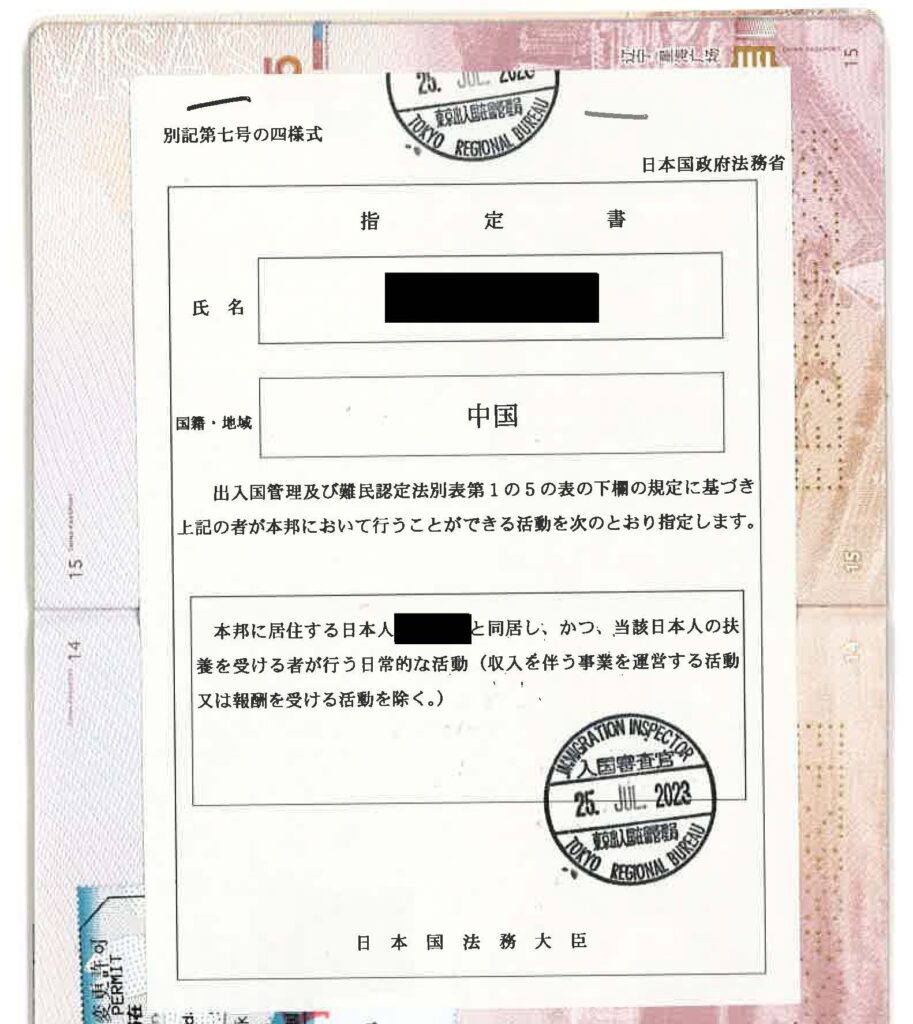
FAQ
-
Does the parent's age matter?
-
While age was previously a factor, current assessments are based on comprehensive factors such as: health conditions and the specific need for support. Age alone is not a determining factor.
-
Can an elderly parent obtain a visa even if they have children in their home country?
-
In principle, The Elderly Parent Visa is granted to elderly parents to allow their children to care for them. If the parent has children in their home country, the likelihood of visa approval is low, as it is generally assumed that the children in their home country will fulfill their parental care responsibilities.
However, the visa may be granted under the following special circumstances:
• If the child/children in the home country are unable to provide care due to illness or other reasons.
• If economic or geographical factors make it difficult to provide support in the home country.
-
How long is the visa valid?
-
Upon approval, the visa is granted for one year. It can be renewed annually as long as the circumstances remain unchanged, but each renewal is also limited to a one-year period.
-
Can this visa lead to permanent residency?
-
Unfortunately, no. Designated Activities Visa (to support an elderly parent)is a temporary, special-purpose status and does not lead to permanent residency.
Our Support Services
At our firm, our certified immigration lawyers offer personalized and comprehensive support to help secure a Visa.
Document Preparation:
Ensure all necessary documents are accurate and complete, preventing rejections due to insufficient evidence.
Health Certification Support:
Provide guidance on obtaining appropriate medical certificates that meet the standards set by the immigration office.
Financial Proof Assistance:
Assist in preparing income and tax documents to demonstrate the caregiver’s financial capability.
Application Statement Preparation:
Construct a convincing application statement based on past approval cases, focusing on key elements that align with immigration policies.
Why Choose Us?
Relying on experienced immigration lawyers is the key to success. Before arranging a short-term visit for your parent, consult with us to receive accurate advice and thorough support. With our expertise, we strive to achieve the best possible outcome for your application.
Immigration Lawyers
Our immigration lawyer was interviewed for an article about the Digital Nomad Visa.
Reference Site
Immigration Services Agency of Japan

